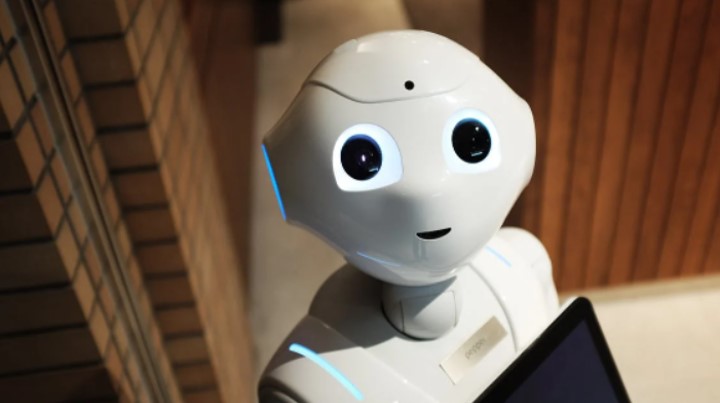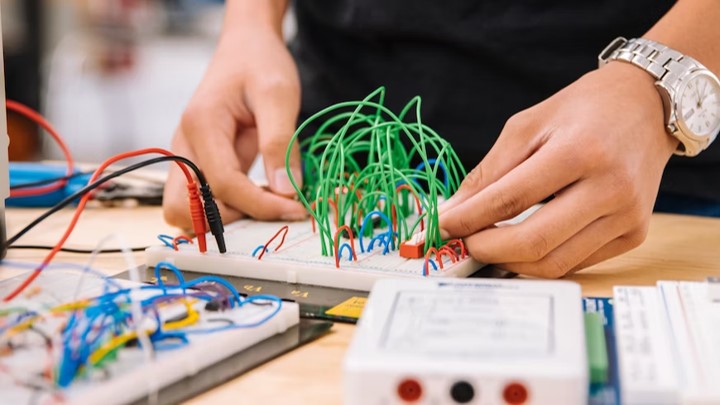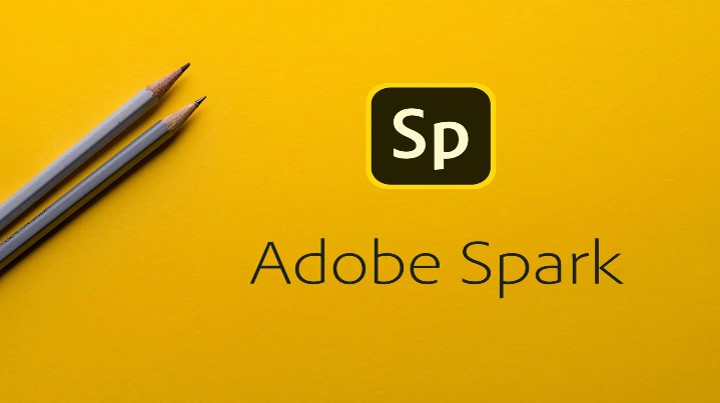Last Updated on September 28, 2024 by Uncle Pat Ugwu
Our world has continued to change at a fast speed, technologies are disrupting our traditional way of doing things. The importance of technology in education cannot be over-emphasized. No wonder, high-tech companies are employing higher technological systems such as artificial intelligence and machine learning in all human endeavors.
To some people, this is a threat to jobs, while some see it as an opportunity. For us teachers, the burning question is how will all of this help in teaching and learning. In this post, I will share with you the role of artificial intelligence in education. Meanwhile, there are factors that affect educational technology in general.
Before we dive into it properly, let us first understand what artificial intelligence means.
What is Artificial Intelligence (AI)?
Artificial intelligence is the simulation of human intelligence processes by machines, especially computer systems. AI is a wide-ranging branch of computer science education concerned with building smart machines capable of performing tasks.
Artificial intelligence is intelligence demonstrated by machines, as opposed to the natural intelligence displayed by animals including humans. – Wikipedia
Specific applications of AI include expert systems, natural language processing, speech recognition, and machine vision.
AI has quietly become ubiquitous in many aspects of our daily life. From smartphone assistants to email writing phrase suggestions, to perfect picture sensors and a whole lot of them.
Although, we may not see humanoid robots posing in front of students as a teacher in the next decade. There is a lot of artificial intelligence project to help both teachers and students that are going on.
1. Personalized Learning
One of the biggest trends in education is personalization. Artificial Intelligence gives students a personalized approach to learning based on their own unique needs and preferences. AI has the capabilities to adapt to students’ knowledge levels, learning speeds, and desired goals.
It can also analyze students’ learning histories and identify their weaknesses and use them to offer courses that are best suited to them for their improvement. This is well highlighted in different educational quotes.
2. Smart Tutoring
Certainly, students usually request extra help outside the classroom. Many teachers do not have much free time for students after hours of classroom activities. AI tutors are perfect for students in this situation. There are also many AI-powered chatbots that can help answer students’ questions.
These tools can help sharpen students’ skills and improve their weak spots outside the classroom. This is a great time-saver for teachers. Shy students who are afraid of asking questions in the classroom can utilize these tools.
3. Universal Access
Online learning tools powered by artificial intelligence make learning accessible for all students, anytime and anywhere. It gives students the opportunity to learn at their own pace. Universal access also helps students to understand what works for them and learn how to apply it without waiting for a teacher.
Students can use AI-based online helpers to ask questions and receive immediate feedback. This helps them to learn without having to go to a specific location, which means they can study on the go at any time.
4. Quick Feedback
To be clear, there are frustrating situations when students ask questions and receive feedback days or sometimes weeks later. Teachers and school management most often receive repetitive questions. AI can help students find frequently asked questions in a conversational manner.
This is not just helpful for educators in terms of time-saving, it also helps students to find answers to their questions in a swift response.
5. Task Automation
Administrative and teaching tasks such as enrollment, payment, emailing, grading, assessing and so on can be time-consuming for both school administrators and teachers. AI will optimize these processes.
For example, Gmail provides message composition assistants based on the overview of your current and past messages and vocabulary essentials. It would be great if we have such features in learning management systems or online learning platforms.
Final Thoughts
Artificial Intelligence in Education can help create smart educational content by a way of providing many customization options. However, it can also provide digital textbooks, study guides, information visualization, simulation, web-based learning, and so on.
AI is also being applied in other fields of human endeavor like medicine, sports, marketing, transportation, etc.
Please use the comment section below to ask your question or share your view. Consider joining our Facebook Group to meet with other great teachers who are interested in EdTech. Also, subscribe to this blog by email and through our YouTube and Telegram Channels to receive regular EdTech and DigiLit updates.







